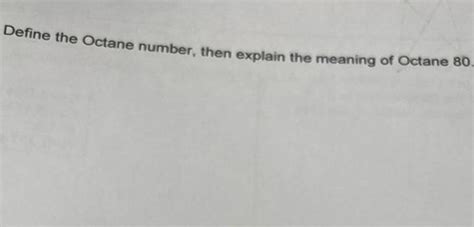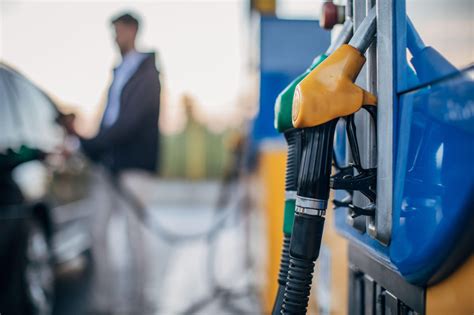Understanding Octane Ratings and Your Engine’s Needs
The question of which octane gas is best for your vehicle — one that saves money and boosts engine life — is common among car owners. Many believe that higher octane means better quality and performance, but the reality is more nuanced. Octane, in simple terms, measures a fuel’s resistance to pre-ignition or engine knock, a phenomenon where the fuel ignites spontaneously before the spark plug fires, causing inefficient combustion and potential engine damage.
Modern engines are designed to operate efficiently on a specific octane level. The key to saving money and prolonging your engine’s life isn’t necessarily choosing the highest octane available, but rather selecting the fuel that matches your vehicle manufacturer’s recommendation.

The Manufacturer’s Recommendation: Your Ultimate Guide
The single most important factor in determining the correct octane for your car is your vehicle’s owner’s manual. Manufacturers spend millions on research and development to engineer engines that perform optimally with a specific fuel type. Most standard passenger vehicles are designed to run perfectly on regular unleaded gasoline, which typically has an octane rating of 87.
Using a higher octane fuel than recommended for an engine designed for regular unleaded offers no benefits in terms of performance, fuel economy, or engine longevity. In fact, it’s often a waste of money, as your engine simply isn’t calibrated to take advantage of the higher octane’s anti-knock properties.

Dispelling the Premium Gas Myth for Regular Engines
A persistent myth suggests that premium gasoline (typically 91-93 octane) cleans your engine better or provides a power boost. For an engine designed for 87 octane, this is simply untrue. These engines are built with lower compression ratios or different ignition timing that doesn’t require the higher resistance to pre-ignition. Pumping premium gas into such an engine won’t improve combustion, increase horsepower, or enhance fuel efficiency. You’ll merely be paying more per gallon for no tangible benefit.
The extra money spent on premium fuel for a car that doesn’t need it could quickly add up, draining your wallet without offering any return in terms of performance or extended engine life. For these vehicles, sticking to regular 87 octane fuel is the best way to save money.

When Higher Octane *Is* Necessary
While most cars don’t need premium fuel, there are specific cases where it is absolutely required. High-performance vehicles, sports cars, and luxury sedans often feature high-compression engines, turbochargers, or superchargers. These engines are designed to operate under greater stress and higher temperatures, making them more susceptible to pre-ignition.
For these vehicles, the owner’s manual will explicitly state that premium fuel is either “recommended” or “required.” If it’s required, using a lower octane fuel can lead to engine knocking, reduced performance, and even long-term engine damage. The engine’s computer might compensate by retarding ignition timing, leading to a loss of power and reduced fuel economy, but this doesn’t fully mitigate the risks of improper fuel.

Real Savings and Engine Longevity
Ultimately, the octane gas that saves money and boosts engine life is the one specifically recommended by your car’s manufacturer. For the vast majority of vehicles, this means regular 87 octane gasoline.
- Money Savings: By avoiding unnecessary premium fuel, you can save hundreds of dollars annually, which can be significant over the lifespan of your vehicle.
- Engine Longevity: Using the correct octane prevents issues like pre-ignition and knocking in engines designed for higher octanes, or ensures optimal, clean combustion in engines designed for regular fuel. This reduces strain on engine components and promotes a longer, healthier engine life.
- Optimal Performance: Your engine will perform as it was designed to, providing the best possible balance of power and fuel efficiency.
Always consult your owner’s manual. If it specifies 87 octane, stick to it. If it specifies premium, then that is the fuel that will protect your engine and allow it to perform as intended, making it the most cost-effective choice in the long run.





